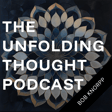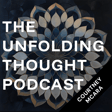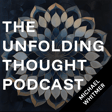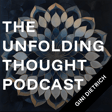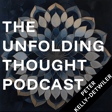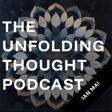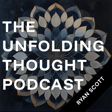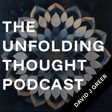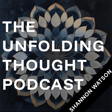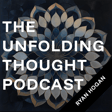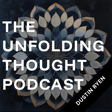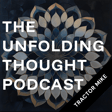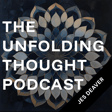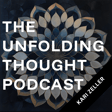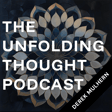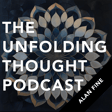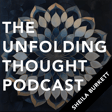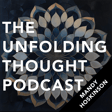
31–Hugh Massie: Reaching 1 Billion Annually with Behavioral Insights
Eric Pratum speaks with Hugh Massie—founder and executive chairman of DNA Behavior—a behavioral insights company that helps individuals and organizations measure and leverage natural behavior patterns to drive financial performance, cultural alignment, and leadership effectiveness.
Hugh shares his journey from chartered accountant in Australia to global entrepreneur, explains how “financial DNA” and “business DNA” were born, and reveals how behavioral insights can predict profit, optimize hiring, reduce friction in business processes, and guide strategy in even the most complex environments.
This episode explores not only Hugh’s unique approach to leadership and entrepreneurship, but also how DNA Behavior has developed psychometric tools that are transparent, scalable, and able to identify performance-driving traits across teams, customers, and leaders. Hugh’s vision of behavior as a predictive tool—not just a descriptive one—is reshaping the way businesses understand their people.
Topics Explored:
- From Accountant to Behavioral Pioneer: How Hugh’s dissatisfaction with a purely financial world led him to psychometrics and human behavior.
- Hyper-Personalization in Finance: Why understanding a client’s behavioral profile was the cornerstone of Hugh’s wealth management success.
- The DNA Behavior Origin Story: How a coffee shop conversation and a curious team member launched a decades-long mission.
- Behavior Makes Money: Hugh’s research linking six core behaviors to profitability in Fortune 500 companies.
- The Rise of Digital Behavioral Scanning: How DNA Behavior is eliminating friction and profiling hundreds of millions of people without them ever taking an assessment.
- The Future of Behavioral Science: Why Hugh believes behavior is “the last frontier” in business optimization.
Links:
- Connect with Hugh on LinkedIn: https://www.linkedin.com/in/hughmassie/
- Check out DNA Behavior: https://dnabehavior.com/start
- Leadership Financial Value Creation Capability Research: https://kb.dnabehavior.com/gene/leadership-financial-value-creation-capability-research
- PwC Report: 45% of CEOs believe their businesses won’t be viable in a decade: https://www.pwc.com/gx/en/news-room/press-releases/2024/economic-optimism-doubles-yet-almost-half-of-ceos-do-not-believe-their-businesses-will-be-viable-in-a-decade.html
- Play Bigger (book): https://amzn.to/4djaViL
For more episodes, visit: https://unfoldingthought.com
Join the conversation by emailing Eric at: eric@inboundandagile.com
